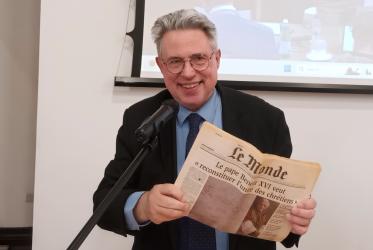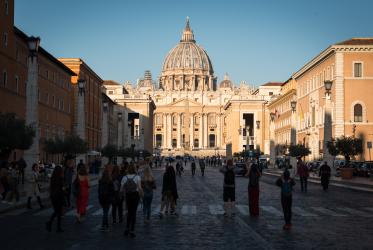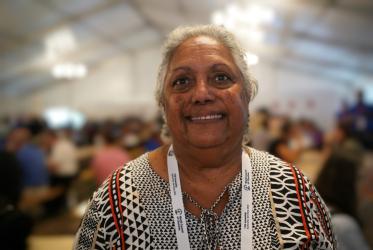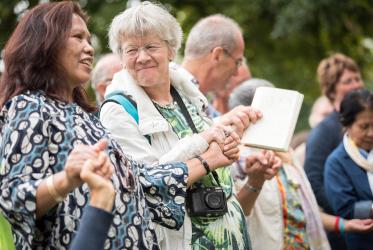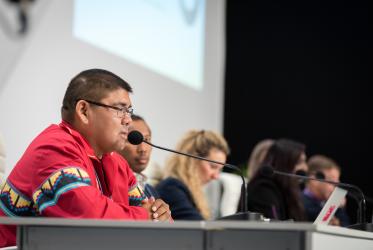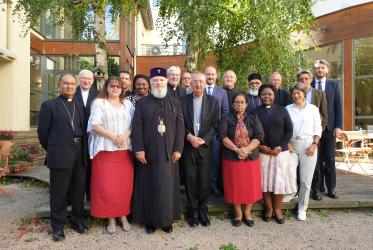Displaying 1 - 20 of 75
Indigenous women struggle for identity in Asia and beyond
05 September 2022
Church of Sweden publicly apologises for abuse of Sámi people
26 November 2021
CCIA meets in Brisbane with focus on Pacific regional priorities
19 February 2020
Plans for 11th WCC Assembly build excitement across the globe
18 February 2020
“See humans as part of creation” in addressing climate emergency
06 December 2019
Bossey transforms the life of ecumenical students
29 January 2019
